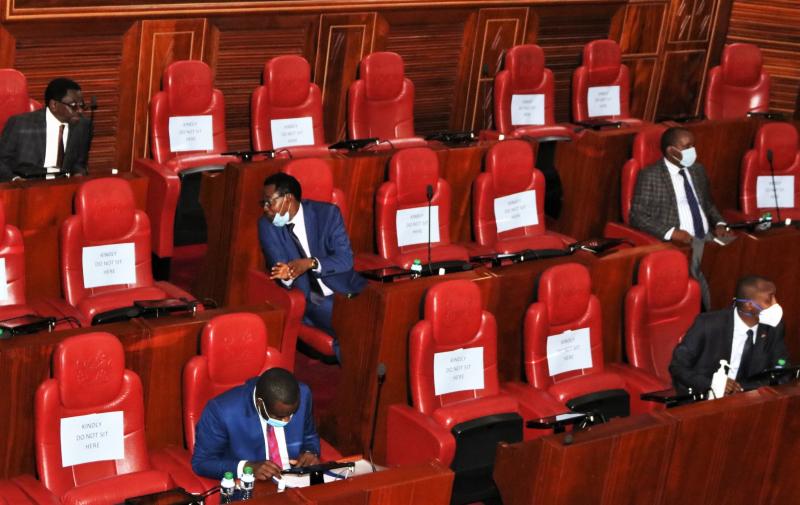×
The Standard e-Paper
Stay Informed, Even Offline

Public officials are struggling to provide services remotely as technological hitches and poor capacity hinder operations in many State institutions.
As Kenya marks one month since reporting its first case of infection of the Covid-19 disease, residents are still adjusting to movement restrictions that have greatly disrupted economic and social activities.







